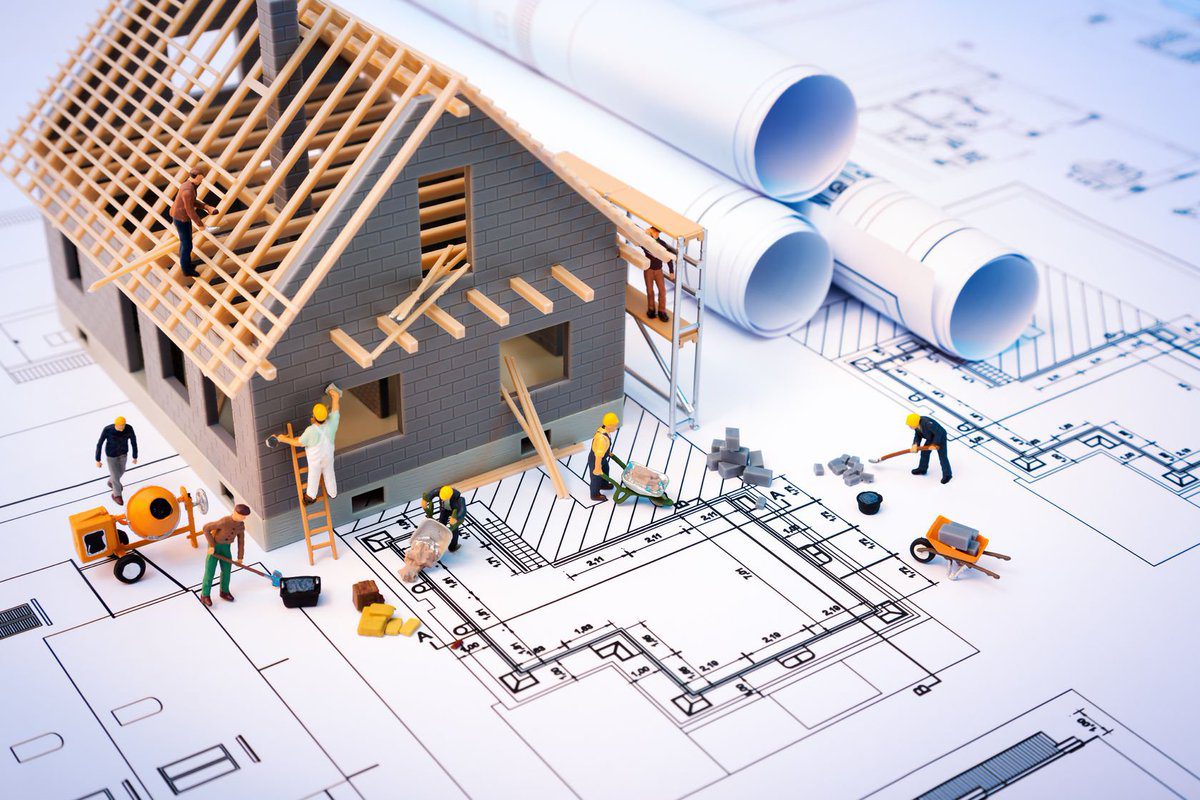Design-build services represent a transformative approach in the construction industry, combining design and construction services under a single contract. This method provides a unified workflow that promises enhanced efficiency, increased accountability, and improved communication. But what does this mean for individuals carving out a career in construction?
It means an opportunity for growth, skill enhancement, and broadening of career prospects. Understanding design-build services can significantly augment your professional trajectory in the construction industry, providing you with a unique set of skills that are in high demand.
Let’s explore how familiarity with design-build construction services can help you stand out in the field and elevate your career to new heights.
What is Design-Build?
In the traditional method of construction, the design and build phases are treated as separate stages, often handled by different teams. In contrast, design-build is a project delivery system where the design and construction services are unified under a single contract. The design-build construction services integrate various processes into one seamless workflow, resulting in streamlined communication, minimized risks, and faster project delivery.
The Growing Demand for Design-Build Services
According to the Design-Build Institute of America, nearly half of America’s construction dollars will be spent on design-build projects by 2021. As the demand for design-build construction services, there is a growing need for professionals who are well-versed in this methodology.
The Benefits of Design-Build Knowledge
For those in the construction industry, understanding the design-build approach provides a competitive edge. Here’s how:
-
Efficiency and Cost Control
By understanding design-build processes, you can appreciate the cost and time efficiency this approach brings to the project. This knowledge is vital for any role within the construction industry, from project manager to site engineer.
-
Interdisciplinary Skills
The design-build method requires a comprehensive understanding of multiple disciplines. This involves mastering the art of balancing architectural design considerations with the practicalities of construction. As a professional equipped with these interdisciplinary skills, you are more likely to be sought after by leading construction companies.
-
Leadership Opportunities
With knowledge of the design-build approach, you’ll be in a better position to lead a diverse team of designers, architects, engineers, and contractors. It opens the door for leadership roles such as Design-Build Project Manager or Design-Build Coordinator.
-
Enhanced Client Relationships
When you understand the design-build approach, you can explain the benefits to potential clients, making you an invaluable asset to your firm’s business development team. It enhances your ability to nurture and maintain robust client relationships, which is critical to any construction business’s success.
Enhancing Your Career with Design-Build
As the construction industry continues to favor the design-build approach, professionals with expertise in this area will find themselves at the forefront of the sector. Whether you’re an aspiring project manager or a seasoned construction professional, gaining a firm grasp on design-build construction services will undeniably boost your career prospects.
By staying abreast with the evolving industry trends and honing your design-build knowledge, you can position yourself for a thriving career in construction.
Project Understanding
The design-build methodology offers a holistic perspective of construction projects. Instead of viewing the project as a set of isolated tasks, it encourages an integrated perspective, facilitating a thorough understanding of the project’s life cycle from inception to completion. This broader view enhances your ability to make better-informed decisions, leading to improved project outcomes.
Risk Management
A key benefit of the design-build process is the potential for risk reduction. By having a single entity responsible for the entire project, the usual blame game that can happen between designers and builders in traditional methods is eliminated. Therefore, understanding design-build processes enables you to better manage project risks, a valuable skill in the construction industry.
Future Trends and Innovations
In this age of digitization and sustainable practices, the design-build approach is set to embrace these trends more effectively. The methodology’s collaborative nature makes it an ideal fit for integrating new technologies like Building Information Modeling (BIM) and energy-efficient construction practices. Familiarity with design-build can prepare you to navigate and leverage these upcoming trends in your career.
Greater Collaboration and Teamwork Skills
The design-build approach inherently fosters a high degree of collaboration. Being well-versed in this methodology can enhance your ability to work effectively in team settings, a key requirement in the construction industry. It promotes a more collaborative mindset, improving your ability to handle tasks that require cooperation and communication between various parties involved.
Adaptability in Changing Environments
Due to its integrated nature, the design-build methodology often results in projects that are more adaptable to changes or unforeseen circumstances. As a construction professional, understanding this adaptability can help you react effectively to the unpredictable nature of construction projects. It cultivates your problem-solving skills, a trait highly sought after in the industry.
Understanding Legal and Contractual Aspects
Design-build projects involve a unique set of legal and contractual conditions, different from traditional construction projects. Professionals who are knowledgeable about these aspects are in high demand. Mastering these can offer you a distinct advantage, especially if you are considering roles in contract management or legal compliance within the construction sector.
Customer Satisfaction
The streamlined nature of design-build often leads to higher customer satisfaction. Understanding how this methodology leads to more accurate initial cost estimates, fewer change orders, and faster project delivery can enhance your ability to meet and exceed customer expectations. This skill is particularly valuable if you’re in a client-facing role or aspire to be.
Technical Proficiency
Design-build projects require a wide array of skills, from architectural understanding and engineering proficiency to project management and team coordination. By gaining experience in design-build, you become a multi-disciplinary professional. This broad skill set can open doors to a variety of roles in the construction industry, making you an invaluable asset to any team.
Leadership Skills
The integrated approach in design-build projects often involves a shared leadership structure. By being involved in this setup, you can develop your leadership skills, including conflict resolution, decision-making, and motivating teams. These are critical skills that can help you advance into senior roles within the industry.
Business Acumen
Understanding the design-build methodology also means understanding the business side of construction. This includes cost estimation, value engineering, project scheduling, and contract negotiation, among others. This business acumen can be extremely beneficial for those aiming for higher management roles or even thinking about starting their own construction firm.
Closing Thoughts
In the dynamic world of construction, a comprehensive understanding of design-build construction services can substantially elevate your career prospects. Knowledge not only enhances your technical skills but also develops your management abilities, offering a significant competitive edge in this rapidly evolving industry.
With the increasing popularity of the design-build approach, now is the perfect time to immerse yourself in learning this methodology to propel your career to new heights.












